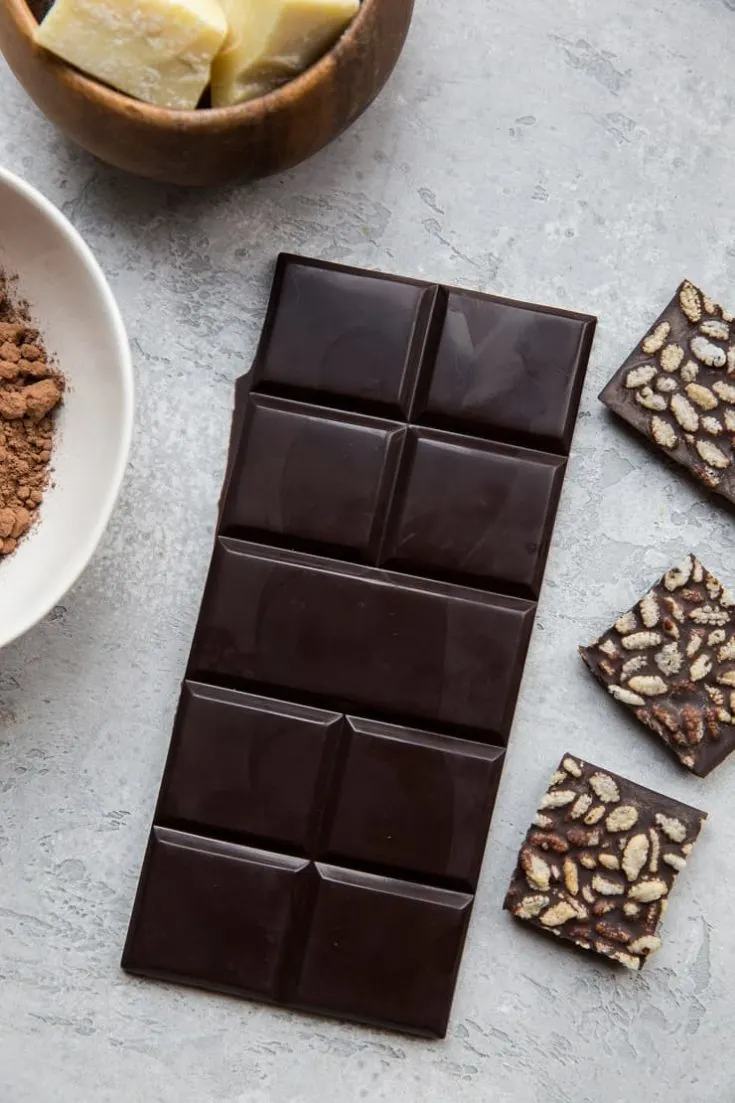Yet another good reason to eat chocolate
New research by scientists from Seoul National University, Korea Food Research Institute and Chungnam National University suggests that dark chocolate has prebiotic effects by restructuring the diversity and composition of the gut microbiome, which may in turn improve mood via the gut-brain axis.
“Mood
disorders are a leading cause of disability worldwide,” said Dr. Ji-Hee Shin, a
researcher in the Department of Food and Nutrition at Seoul National University
and the Research Group of Healthcare at Korea Food Research Institute, and
colleagues.
“Disturbances
in a person’s mood interrupts their personal well-being and the ability to
participate in social interactions, leading to physical health problems such as
chronic diseases.”
“The
symptoms of mood disorders include ongoing feelings of sadness, helplessness,
hopelessness, and irritability. These disorders are mainly treated with drugs
that manipulate the monoaminergic neurotransmitter system in the brain.”
“The
role of diet as a mood regulator has received a great deal of interest,” the
researchers added.
“Certain dietary components have been shown to reduce anxiety and depression and improve quality of life. In particular, cocoa products such as dark chocolate contain a number of nutritional compounds that have the potential to affect mood.”
“The
health benefits of dark chocolate consumption, particularly the effects of
polyphenols on mood, have been reported in several studies.”
“We
aimed to test our hypothesis that dark chocolate has beneficial effects on gut
bacterial profiles that may serve to improve mood states,” they said.
“We
performed a randomized clinical trial using dark chocolate with different cocoa
contents (85% and 70% cocoa content) and identified changes in the diversity
and composition of the gut microbiota following dark chocolate consumption, as
well as the association between those changes and participants’ emotional
states, in healthy adults.”
The
study was conducted at Seoul National University in Seoul, Republic of Korea,
from July to December 2017, and involved a total of 48 healthy men and women
between 20 and 30 years of age.
The
volunteers consumed either 30 g/d of 85% cocoa chocolate, 70% cocoa chocolate,
or no chocolate, for three weeks.
A
dietary survey was conducted using the 3-day food record method, a standardized
tool for dietary assessment, which included 3 random days.
The
participants were asked to record the types, amounts, ingredients and cooking
methods of the food that they consumed for the previous 3 days and the location
of each meal. Mood states were measured using the Positive and Negative Affect
Schedule (PANAS).
Daily
consumption of dark chocolate significantly reduced negative affect in the 85%
chocolate group, but not in the 70% chocolate group.
Gut
microbial diversity was significantly higher in the 85% chocolate group than
the control group.
“Blautia obeum levels were significantly elevated
and Faecalibacterium
prausnitzii levels were reduced in the 85% chocolate group
compared to the control group,” the authors said.
“Furthermore,
we found that the observed changes in negative affect scores were negatively
correlated with diversity and relative abundance of Blautia obeum.”
“These
findings indicate that dark chocolate exerts prebiotic effects, as evidenced by
its ability to restructure the diversity and abundance of intestinal bacteria;
thus, it may improve negative emotional states via the gut-brain axis.”
The study was published in the Journal of Nutritional Biochemistry.
_____
Ji-Hee Shin et al. 2022. Consumption of 85% cocoa
dark chocolate improves mood in association with gut microbial changes in
healthy adults: a randomized controlled trial. Journal of Nutritional Biochemistry 99: 108854; doi:
10.1016/j.jnutbio.2021.108854
